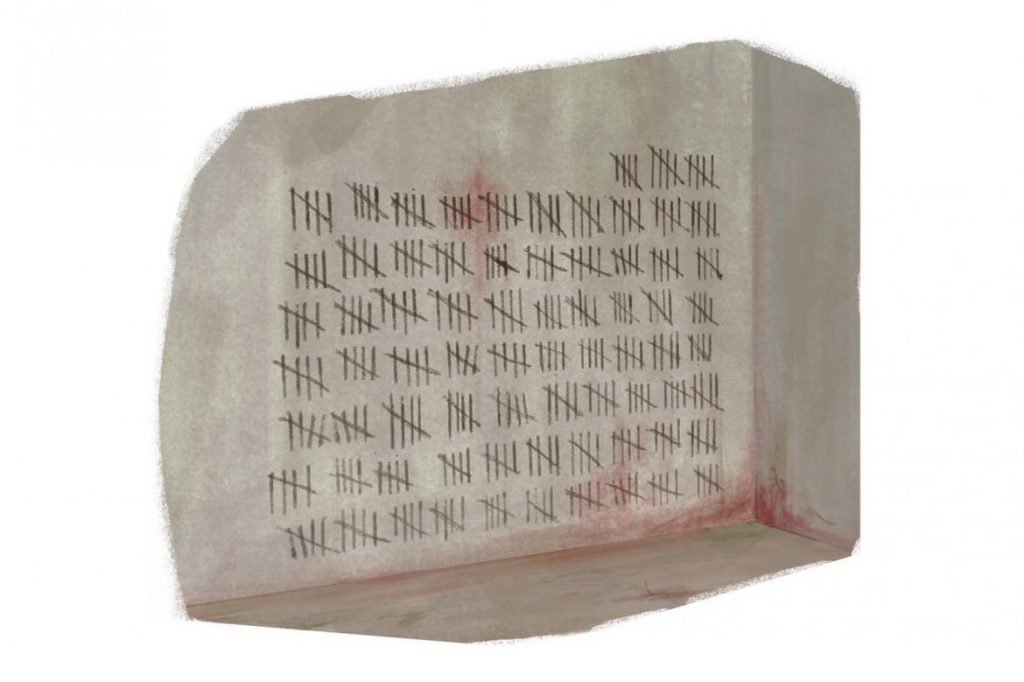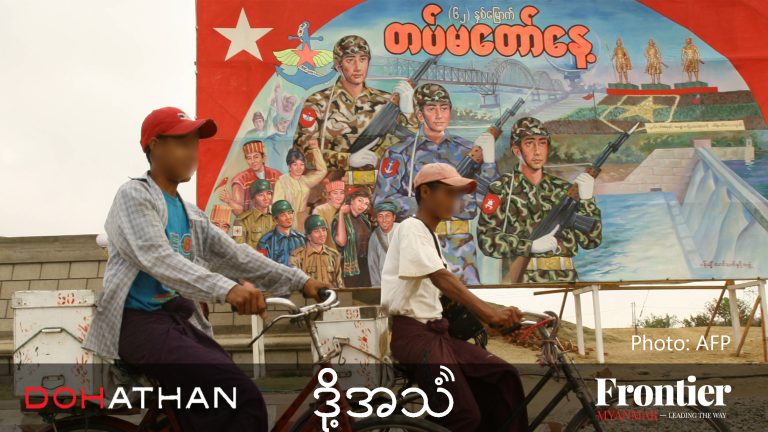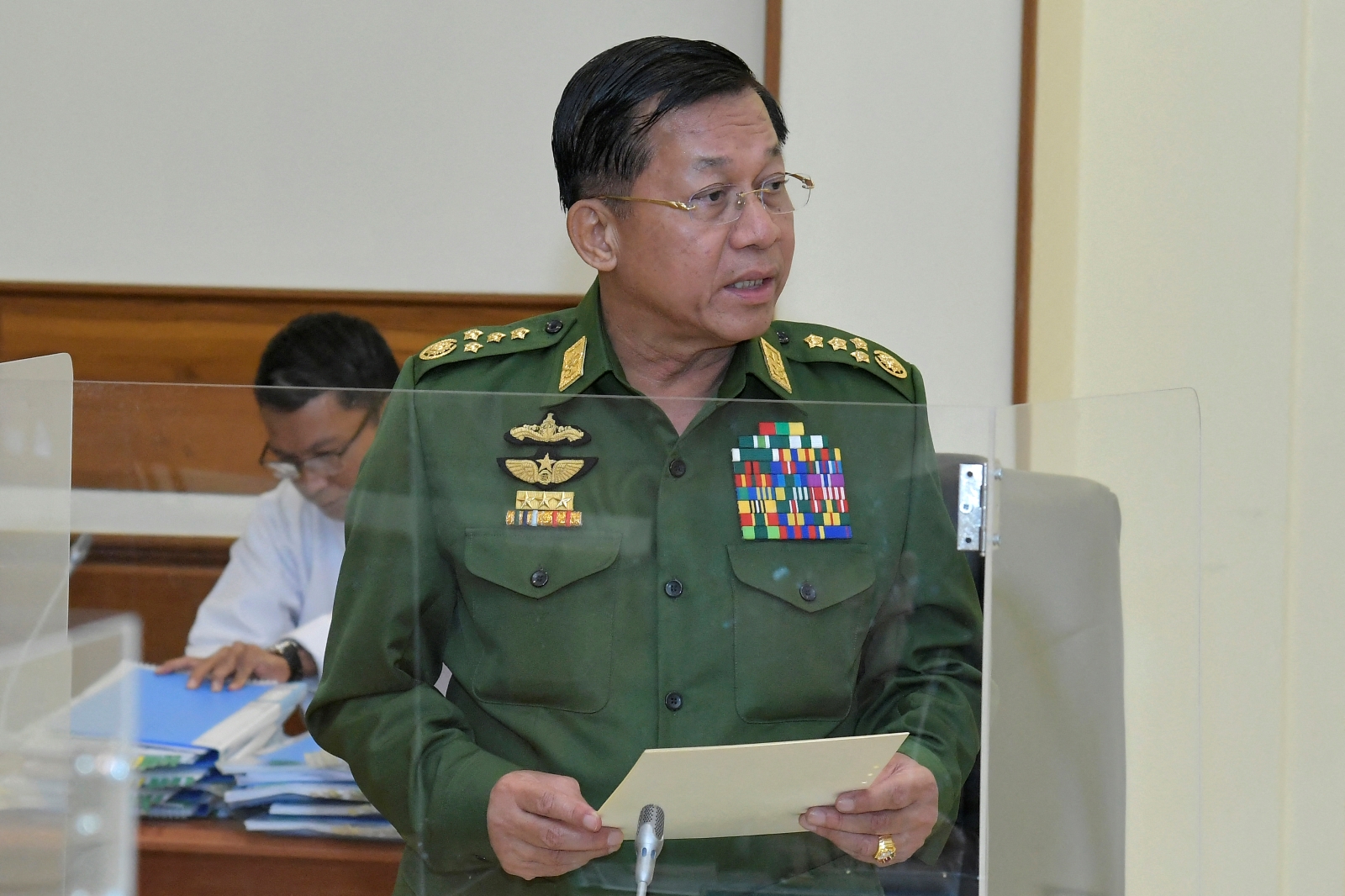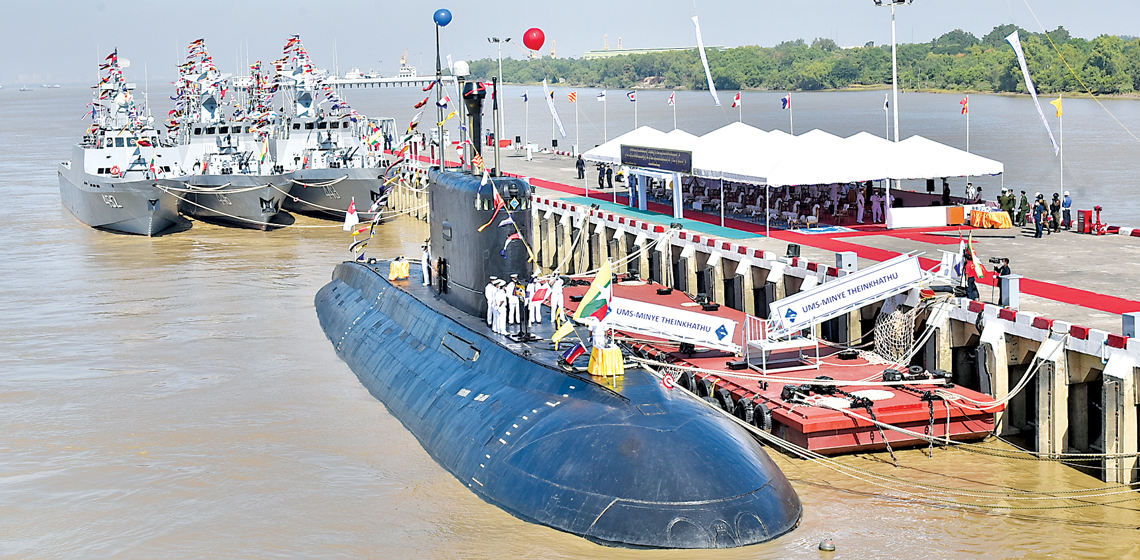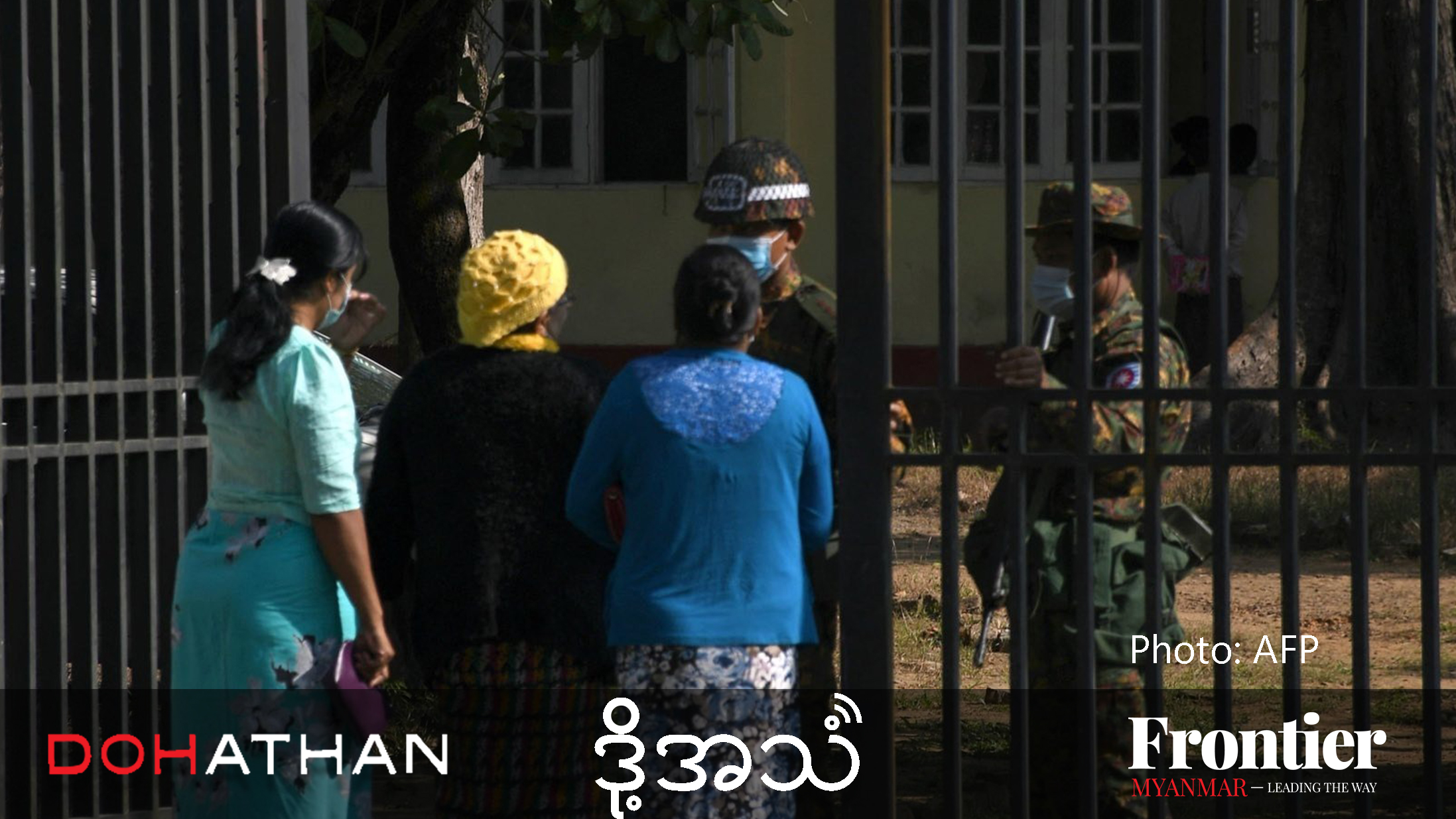December 12 will mark one year to the day since Reuters journalists Ko Wa Lone and Ko Kyaw Soe Oo were arrested by police on the outskirts of Yangon. They have been behind bars ever since.
Frontier calls for their immediate release through a presidential pardon under section 204(a) of the 2008 Constitution. Twelve months is 12 months too long.
The Myanmar government has come in for significant criticism for the decision to prosecute the journalists, the shambolic court proceedings, the judge’s verdict and the seven-year sentence the journalists both received. It has defended both the conduct of the trial and its own refusal to intervene and ensure their release.
Speaking at the World Economic Forum in Hanoi, Vietnam on September 13, 10 days after Wa Lone and Kyaw Soe Oo were sentenced, State Counsellor Daw Aung San Suu Kyi questioned “whether very many people have actually read the summary of the judgment which had nothing to do with freedom of expression at all, it had to do with an Official Secrets Act”.
“They were not jailed because they were journalists, they were jailed because … the court has decided that they have broken the Official Secrets Act,” she said in response to a question from a forum moderator.
Frontier has reviewed Judge U Ye Lwin’s verdict. There are a number of troubling aspects – not least the law itself, which Aung San Suu Kyi has also defended.
Support more independent journalism like this. Sign up to be a Frontier member.
The section they were convicted under, 3(1)(c) of the Official Secrets Act, can be applied if “any person for any purpose prejudicial to the safety or interests of the state obtains, collects, records or publishes or communicates to any other person any secret official code or password, or any sketch, plan, model, article or note or other document or information which is calculated to be or might be or is intended to be, directly or indirectly, useful to an enemy.”
But it gets worse: the prosecution doesn’t even have to prove that the defendant harmed or intended to harm the safety or interests of the state. The defendant can be convicted if it “appears” he or she has that information for a “purpose prejudicial to the safety or interests of the state”.
Think about that. If you have for any reason information that could be useful to an enemy and you seem like you might be acting to harm the state, you could be imprisoned for up to 14 years.
A wide range of people in Myanmar could be accused of violating this law on a daily basis, without any knowledge of having done so. Of course, very few would ever be at risk of arrest or imprisonment, because the law is applied selectively. Journalists though are particularly at risk because they are more likely to be in possession of such information in the course of their work.
Had Wa Lone and Kyaw Soe Oo not been uncovering evidence of a massacre in northern Rakhine State, they would almost certainly never have been arrested. Their work as journalists was a key factor in the decision to find them guilty.
Ye Lwin said that because they had “violated the ethics of news media prescribed by News Media Law and contrary to the ethics of News Media, it can be assessed and concluded that the defendants were not acting in good faith as ordinary journalists but acting with a purpose prejudicial to the safety or interests of the State”.
Not only was their status as journalists relevant, their professional conduct was a determining factor in the verdict.
But Ye Lwin quoted selectively – and, Frontier would argue, misleadingly – from the News Media Law and Myanmar Press Council Media Code of Conduct as evidence for their supposed ethical violations.
Ye Lwin cited section 6(a) of the News Media Law, which states: “A news media man has the right to request and view the information which the public has the right to know except the statistics, photos, records classified as confidential by order and directive by any law or any authority”.
This is neither a prohibition nor an offence, simply a statement of a journalist’s rights.
The section of the law that does mention how journalists should conduct themselves makes no mention of confidential documents or state security. It does however state that journalists should abide by the Myanmar Press Council Code of Conduct.
Ye Lwin cited section 3.2 of the code, although it’s not clear why, as it relates to protecting rather than obtaining confidential sources of information.
The previous clause is more relevant: “Where media outlets receive leaked official and other content, for example from politicians or civil servants, it is their professional duty to publish or broadcast this content, where this is in the public interest and where they are legally allowed to do so. This Code supports that duty.”
Additionally, section 3.3 states: “In cases of national emergency, media outlets may wish to limit disclosure of sensitive information in order to avoid danger to life (e.g. of armed-services personnel in wartime) or to public safety. This Code supports media outlets’ right to make such choices.”
No section of either the law or the code suggests that Wa Lone or Kyaw Soe Oo violated journalism ethics in regards to the facts presented to the court.
But the code also addresses the question of what is in the public interest. It suggests that in some cases actions that may be considered a breach of the code can be justified by reference to an overriding public interest, such as the detection, exposure or prevention of crime, corruption or serious impropriety; preventing the public from being misled on an important matter; and satisfying an overriding public right to know.
Check, check, check on all three points.
Keeping Wa Lone and Kyaw Soe Oo in prison serves no constructive purpose for anyone. It is straining the country’s international relationships and damaging the image of the country. It is undermining the commitment to democratic values and the rule of law. It is a barrier to a positive relationship between Myanmar’s journalists and the government.
When President U Win Myint spoke at the swearing-in ceremony for new members of the Myanmar Press Council on November 23, he called for cooperation with the media to “straighten … the skewed judicial sector”, protect human rights, and tackle corruption and drug trafficking.
But he returned frequently to the importance of “responsible” behaviour and the need to preserve stability. The meaning of his comments is debateable, but too often these terms are being used to justify actions that are not in line with democratic values and principles.
The president also said, “Laws are to be obeyed and rules and regulations are to be followed if democracy is to thrive.” That may be so, but at the same time it is the responsibility of the government to ensure that laws are just, and to amend or repeal those that are not. In its current form, Myanmar’s Official Secrets Act is simply not compatible with a modern, democratic society.
Frontier agrees with the president on the need for journalists to “follow and stand on the aims, rights, duties, and ethics prescribed in the news media law”.
This is precisely what Wa Lone and Kyaw Soe Oo were doing, both in letter and spirit. It’s now time for President Win Myint to exercise his constitutional powers and grant them an amnesty.


